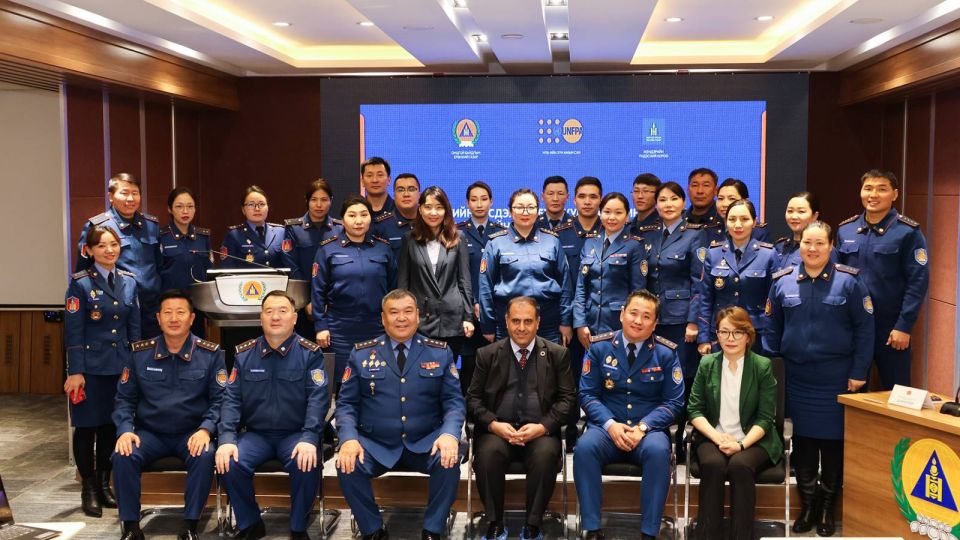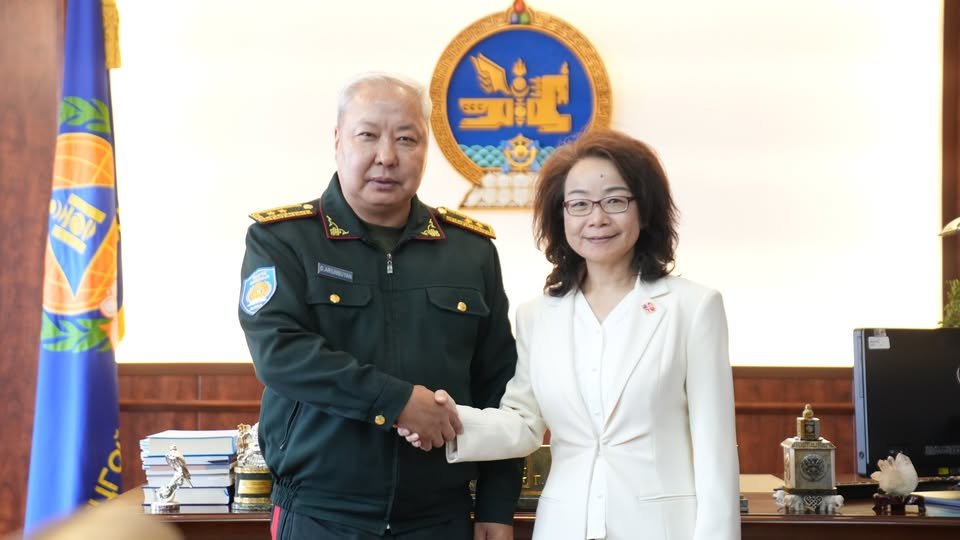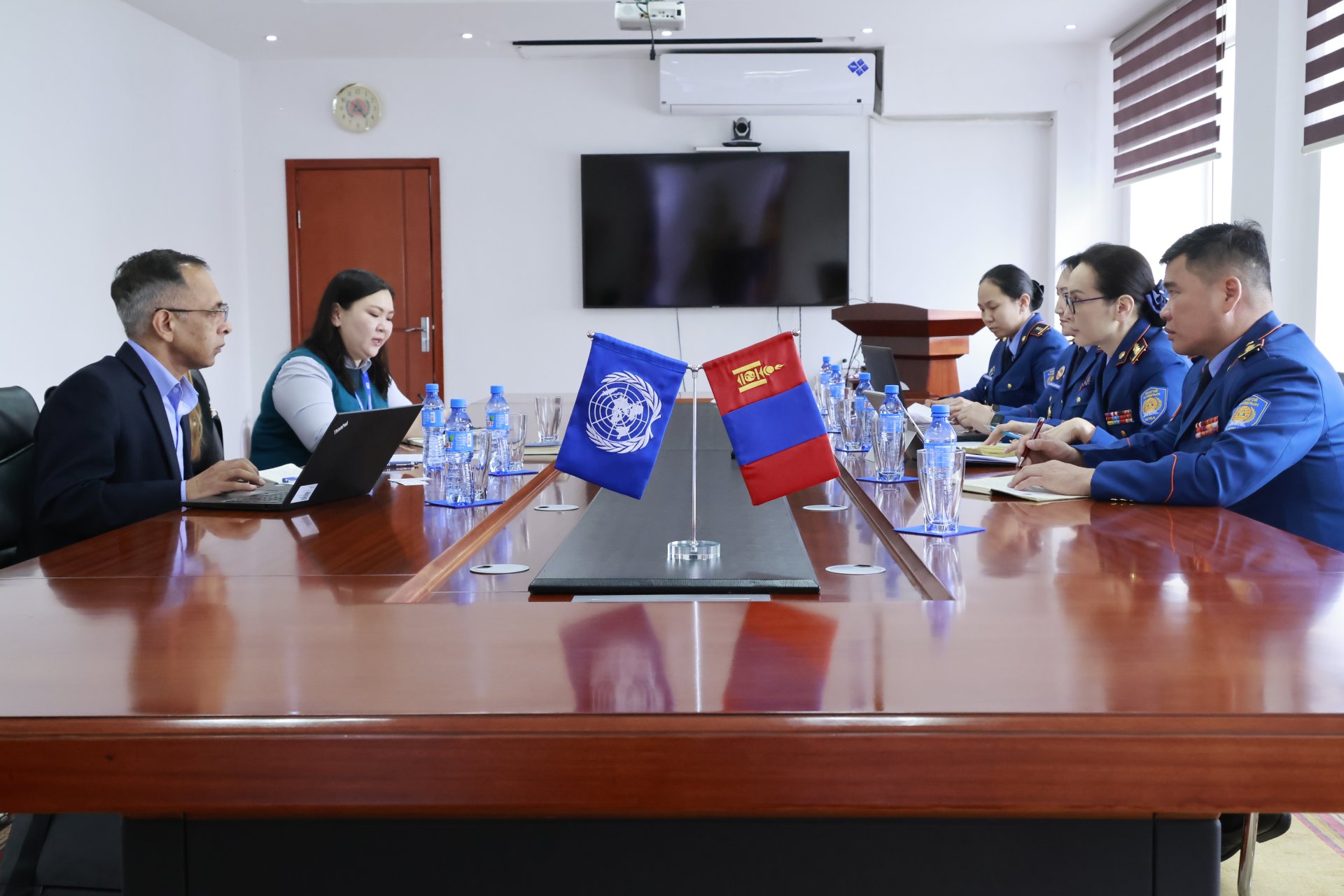Exchanged views on issues for planning disaster risk reduction gender sensitive

The National Emergency Management Agency, in cooperation with the National Gender Committee and the United Nations Population Fund, organized a workshop under the theme “Increasing the use of science, technology in disaster risk reduction, and gender-sensitive disaster prevention activities.
Colonel D. Namsrai, deputy chief of NEMA, and Dr.Khalid Sharifi, Head of Office, United Nations Population Fund, took part in the opening ceremony and gave speeches.
Colonel D.Namsrai noted, “In recent years, the type, scale, intensity, and frequency of disasters and dangerous phenomena in the world have been increasing year by year, and academics and researchers have found that global warming has a negative impact on not only the sustainable development of countries, but also the country’s economy and industry.
According to the results of research conducted in more than 140 developing countries, the number of victims due to disasters continues to increase, and women and children are more affected by disasters, and the number of deaths is 14 times higher than the men. Therefore, to improve the legal and policy environment for disaster protection, to increase understanding of disaster risk, to reduce existing risks, to prevent the emergence of new risks, to provide interdisciplinary coordination for risk reduction, to increase the participation of all parties, finance and investment, and to make decisions based on risk information.”There is a need to organize measures aimed at increasing the development and use of technology.
Khalid Sharifi, head of the United Nations Population Fund, emphasized, “Climate change is increasing the frequency and intensity of extreme weather events and climate hazards.” UNFPA’s cooperation with NEMA has been playing an important role in the field of capacity building, humanitarian and emergency assistance. “We call for increasing the contribution of scientists and researchers to disaster risk reduction activities, integrating advanced technologies, and ensuring gender-sensitive planning,
Relevant experts from the National Emergency Management Agency, the United Nations Population Fund, and the National Committee on Gender participated in the discussion. Participants exchanged views regarding the issues to be considered in planning gender-sensitive disaster risk reduction activities.
Copy all texts of this article
Download all images of this article
Other news

2023/12/12
Recent NewsExchange of views on bilateral cooperation
Ambassador Shen Minjuan emphasized her commitment to prioritizing and further enhancing cooperation between the two countries in the field of disaster prevention and protection.

2023/12/12
Recent NewsKey topics included setting a date for the event and finalizing the detailed organizational plan
Ulaanbaatar, May 15, 2025 – Colonel Ts. Uranchimeg, Deputy Chief of the National Emergency Management Agency (NEMA) of Mongolia, held a meeting today with Ms. Matilda Dimovska, Resident Representative of the United Nations Development Programme (UNDP) in Mongolia.

2023/12/12
Recent NewsKey topics included setting a date for the event and finalizing the detailed organizational plan
Ulaanbaatar, May 15, 2025 – Colonel Ts. Uranchimeg, Deputy Chief of the National Emergency Management Agency (NEMA) of Mongolia, held a meeting today with Ms. Matilda Dimovska, Resident Representative of the United Nations Development Programme (UNDP) in Mongolia.







